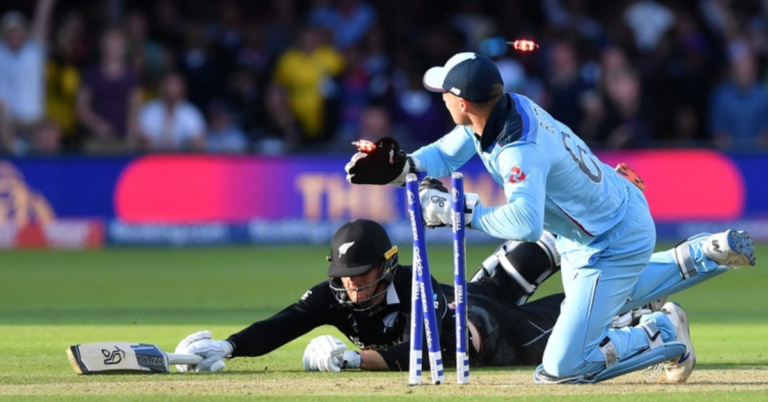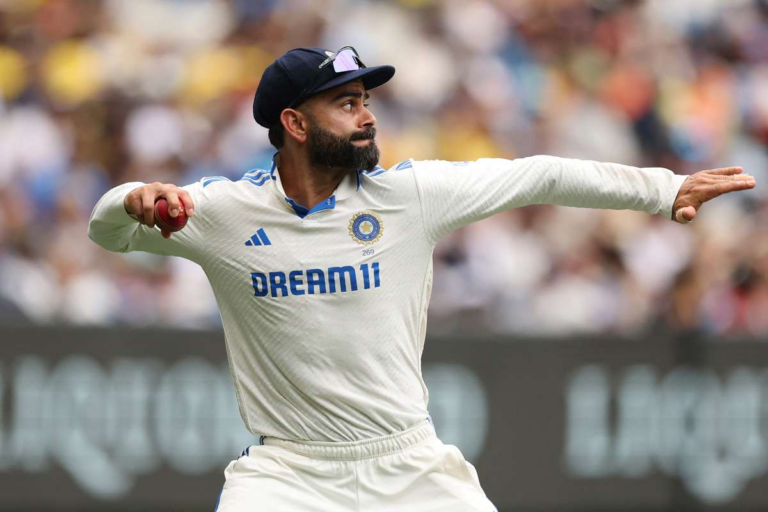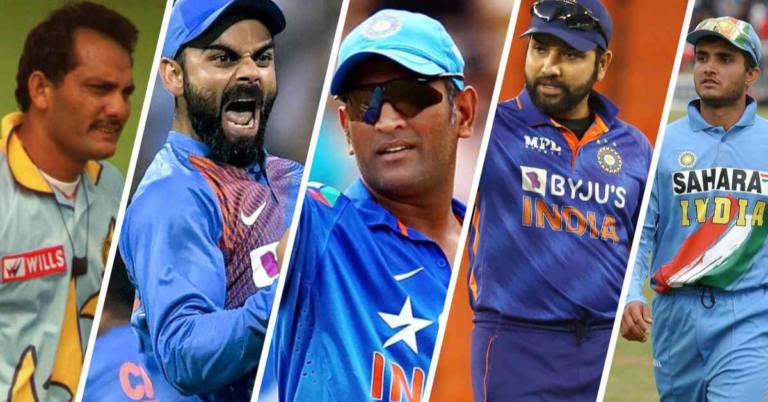Exploring the Psychology of Indian Cricket: Mental Toughness and Resilience
Mental toughness has long been a defining trait of Indian cricket, deeply rooted in the cultural fabric of the nation. The rich history of the sport in India, with heroes like Kapil Dev, Sachin Tendulkar, and MS Dhoni, has showcased the resilience and determination that are integral to the game. From battling challenging pitch conditions to facing formidable opponents, Indian cricketers have time and again displayed a never-give-up attitude that has become synonymous with their playing style.
Furthermore, the ethos of Indian cricket that values adaptability and calm under pressure has shaped the mental fortitude of players from a young age. The competitive nature of cricket in India, where players have to fight for opportunities and prove themselves constantly, has instilled a sense of grit and perseverance in them. This mental toughness is not just a product of individual effort but also a reflection of the collective spirit of the team, where players support each other through thick and thin, creating a resilient unit capable of overcoming any challenge on the field.
The Role of Coaching in Developing Resilience
Coaching plays a crucial role in shaping the mental resilience of players in the high-pressure world of professional sport. Cricket coaches not only focus on honing physical skills but also on nurturing the psychological strength of their proteges. Through specific training drills and exercises, coaches help players develop the mental fortitude needed to overcome setbacks and challenges on the field.
Effective communication between coaches and players is essential in fostering resilience. Coaches who provide constructive feedback and support create an environment where players feel empowered to push past their limitations. By instilling a growth mindset and emphasizing the importance of perseverance, coaches play a key role in shaping the mental toughness of cricketers at all levels of the game.
The Impact of Cultural Factors on Player Psychology
Cricket in India is not merely a sport; it is embedded in the nation’s cultural fabric, shaping the mindset and psyche of players from a young age. The rich history and tradition of the game in the country have instilled a sense of responsibility, collective identity, and unwavering dedication in aspiring cricketers. This cultural backdrop influences how players perceive pressure, deal with expectations, and exhibit resilience on the field.
Moreover, the values of teamwork, respect for authority, and discipline that are deeply ingrained in Indian society carry over into the cricketing arena, impacting player psychology. These cultural factors can either act as a catalyst for mental strength and fortitude or pose challenges in handling stress and setbacks. Recognizing and understanding these cultural nuances is crucial for coaches and support staff to effectively nurture the mental toughness of Indian cricketers and enhance their performance on the international stage.
How do cultural factors influence player psychology in sports?
Cultural factors such as upbringing, beliefs, societal norms, and traditions can shape a player’s mindset, motivation, and behavior on and off the field.
How does mental toughness in Indian cricket players compare to players from other countries?
Indian cricket players often exhibit a high level of mental toughness due to factors like the pressure of expectations from fans, family, and the cricket-crazy nation as a whole.
What role does coaching play in developing resilience in athletes?
Coaches play a crucial role in helping athletes build mental resilience by providing support, guidance, and strategies to cope with setbacks, failures, and high-pressure situations.
Can cultural factors impact a player’s ability to handle success and failure?
Yes, cultural factors can influence how players perceive success and failure, as well as how they cope with the emotional and psychological challenges that come with both outcomes.







